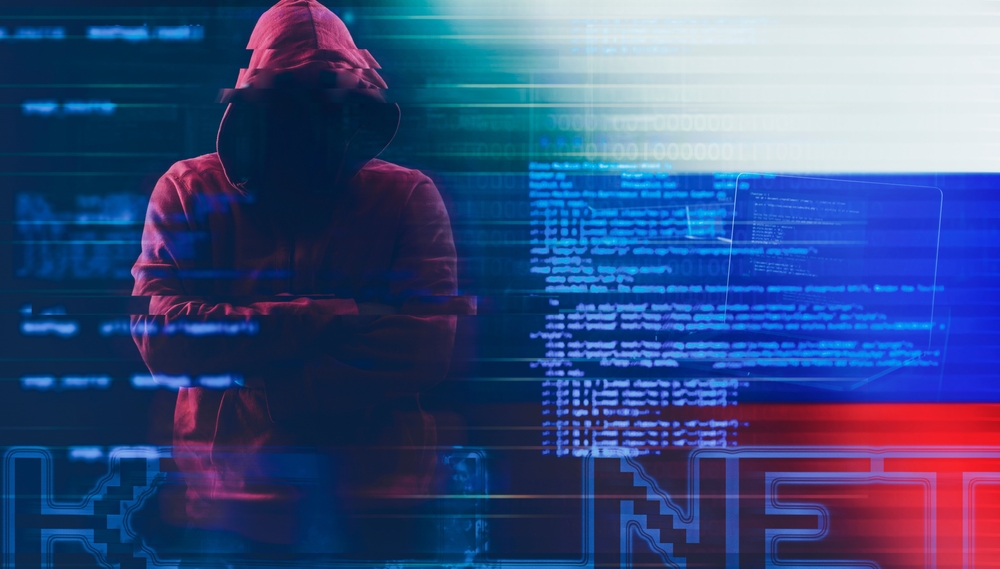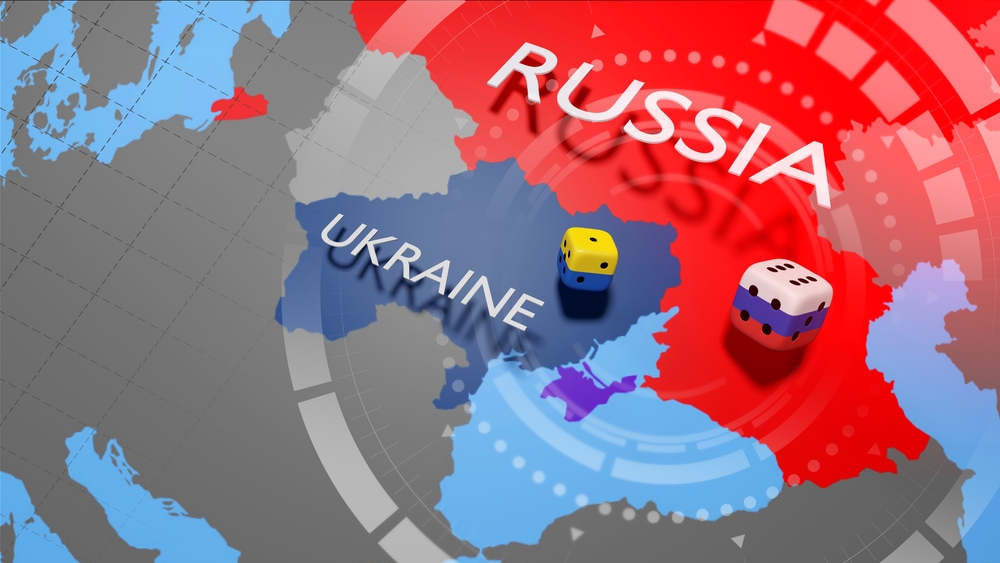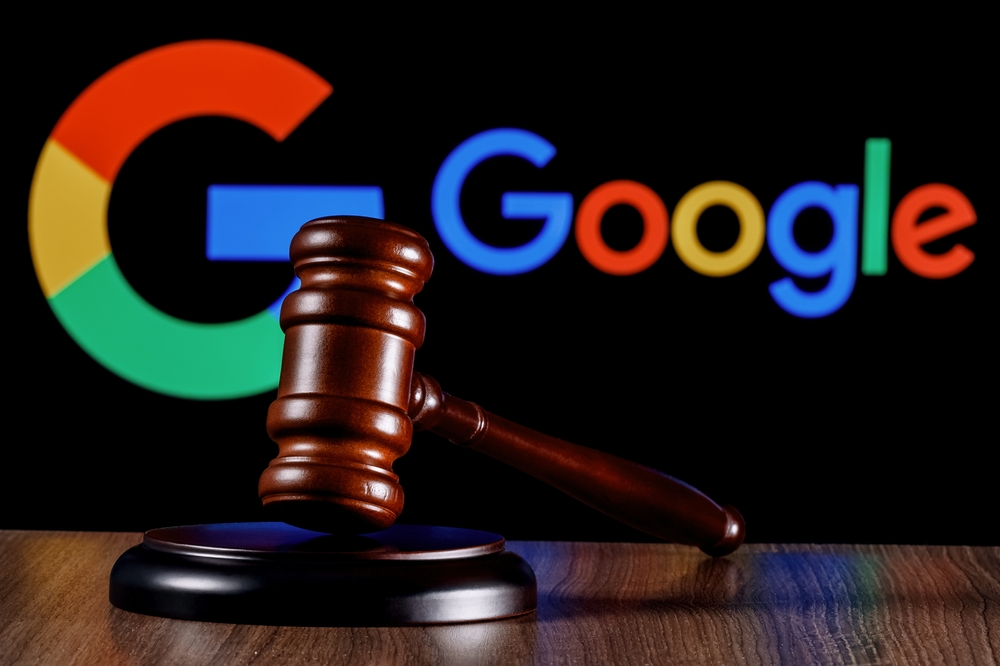How open-source intelligence is transforming the character of conventional warfare
The panopticon of information technology is altering the collection and use of intelligence in conventional warfare. What was formerly prohibitively expensive for many is now accessible to various entities, including North Korea, the CIA, journalists, terrorists, and cybercriminals. A former U.S. intelligence officer claims that missing information might warn an adversary espionage outfit. In addition to preventing governments and the military from understanding themselves, excessive secrecy may lead to strategic errors. To fight Russian disinformation or share classified material with Ukrainian colleagues, the Biden administration declassified intelligence unprecedentedly.
Attributing results in Ukraine to open sources might sometimes serve as a cover for more strictly guarded sources and techniques. This tendency is referred to as “radical war” by British researcher Matthew Ford, coauthor of a forthcoming book on the influence of information infrastructure and linked gadgets on military engagements. According to Ford, the Russian invasion of Ukraine was not just the first conventional war in Europe in the 21st century but also the “most technologically linked in history.” The goal of Ukrainian troops is to locate, repair, and eliminate Russian units faster than the Russians can. In the information era, erroneous assessments of the anticipated equilibrium between solid and weak nations, coupled with strategic surprise, may be commonplace.
The use of open-source platforms and consumer devices by civilian noncombatants in support of hostile military activities raises fundamental problems regarding the blurring of the distinctions between civilian and combatant: This may result in the same persons being legal targets or having convicted for espionage following the rules of war. U.S. intelligence’s precise role and effect in Ukraine will be the subject of research and controversy for decades. Source: https://www.wired.com/story/open-source-intelligence-war-russia-ukraine/






